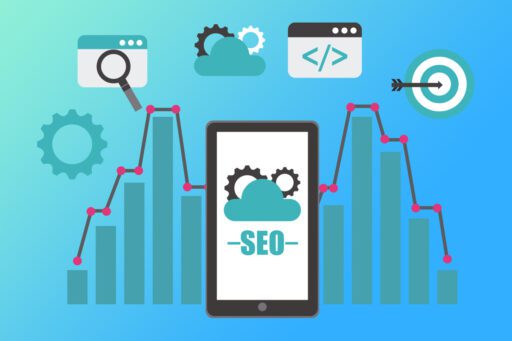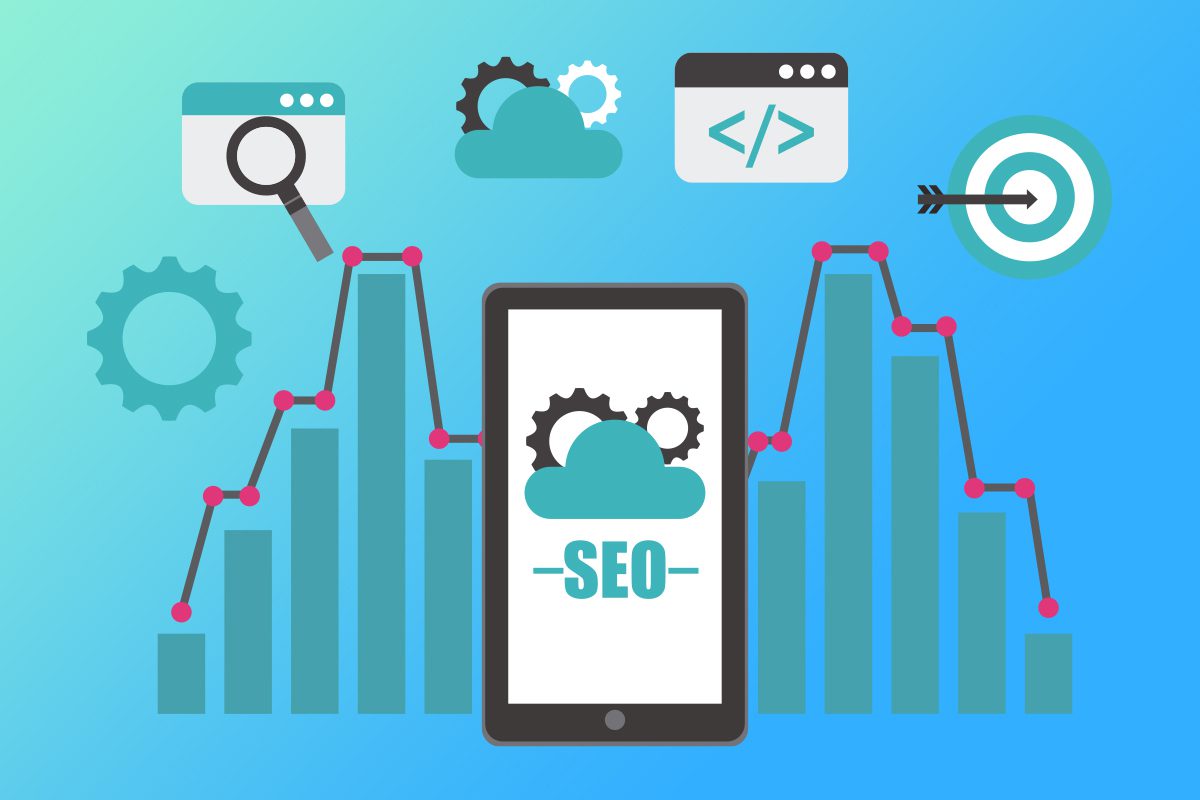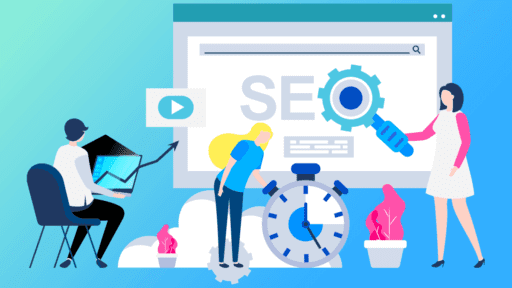In the fast-paced world of B2B SaaS, effective SEO strategies are required to stand out in a crowded market. Unlike traditional businesses, SaaS companies often face unique challenges, such as attracting a specific audience and converting them into loyal customers.
Top SEO Tips For B2b Saas
To help you navigate these challenges, we’ve compiled 10 actionable tips that can enhance your SaaS SEO efforts. By focusing on content, leveraging keywords, and optimizing the user experience, you can drive meaningful traffic to your website.
1. Conduct Thorough Keyword Research
Keyword research is the foundation of any successful SEO strategy, and for B2B SaaS, it’s especially crucial. When it comes to implementing these keywords, excels in B2B SEO services.
Tools like Ahrefs or SEMrush can provide insights into keyword competition and help identify terms that are both relevant and achievable. Remember, it’s better to rank highly for keywords that truly speak to your target customers than to chase broad phrases that don’t convert.
2. Create High-Quality, Relevant Content
Content is key for SaaS companies, as it educates potential clients and shows expertise in your field. Focus on creating content that addresses common challenges your audience faces.
Focus on quality over quantity.
Publishing content regularly is helpful, but prioritizing useful, well-researched pieces will have a greater impact. Each article or post should aim to address a specific problem, offering solutions that encourage readers to explore your services further.
3. Optimize Landing Pages
Landing pages are the front door to your services, so they need to be clear, engaging, and aligned with the needs of your target audience. Focus on creating specific landing pages for each of your major services or product features rather than a single, generic page.
This permits you to optimize each page with the relevant keywords while also securing content that speaks directly to the pain points of your potential clients.
4. Leverage Technical SEO
Technical SEO is essential to ensure your site is easily accessible to search engines and provides a smooth experience for users. Start by reviewing your website’s loading speed, as slow websites can discourage visitors and negatively impact rankings.
Tools like Google PageSpeed Insights or GTmetrix can help identify areas for improvement. A well-optimized site structure will also make it easier for search engines to crawl and index your pages, helping improve overall search performance.
5. Focus on On-Page SEO
On-page SEO goes beyond simply adding keywords to your content; it’s about creating pages that are both user-friendly and informative. Optimize each page title, meta description, and heading to include relevant keywords, but keep them natural and engaging. Avoid keyword stuffing, as search engines favor high-quality content that prioritizes the reader’s experience.
6. Utilize Customer Testimonials and Reviews
For SaaS businesses, customer testimonials and reviews can be a powerful tool to build trust with new clients. Displaying these authentic stories directly on your website can provide potential clients with valuable social proof and help them see the positive impact your software can have.
Encourage customers to leave specific, detailed feedback about how your product helped their business, as this can provide both valuable insights for potential customers and added keyword relevance for search engines.
7. Build Quality Backlinks
Building quality backlinks is an essential part of SaaS SEO. Backlinks from reputable sites tell search engines that your site is credible and relevant, which can improve your ranking. Consistently building quality backlinks will not only improve your SEO but also help you reach a broader audience through trusted sources, further reinforcing your product’s reputation.
8. Engage in Social Media Marketing
Customer testimonials are powerful for building credibility, especially for B2B SaaS companies. Displaying authentic reviews on your website not only gives prospective clients a glimpse of the value your product offers but also supports your SEO.
When customers describe your product, they often use terms potential clients search for, helping you naturally optimize your content. Encourage clients to share detailed reviews, which provide a fuller picture of your product’s strengths.
9. Monitor and Analyze Performance
By refining your approach based on real data, you can continuously improve the user experience, which often translates to better rankings over time. Tracking your website’s performance is crucial for understanding what works and where improvements are needed. Use tools like Google Analytics and SEMrush to monitor your traffic, keyword rankings, and visitor behavior.
10. Stay Updated on SEO Trends
SEO is always changing, and keeping up with new trends is essential to maintain or improve your rankings. Regularly update your SEO knowledge and strategies to stay competitive. Experimenting with new techniques, like voice search optimization or AI-driven content, can give your site an edge. By embracing trends that suit your audience, you can continue to drive meaningful traffic and improve your site’s reach.
Conclusion
Implementing these ten tips for B2B SaaS SEO can set your business on a path to growth and success. By investing time in keyword research, creating valuable content, and optimizing your website’s performance, you’ll not only improve your search rankings but also build trust with potential clients.
FAQs
1. What is SaaS SEO?
A: SaaS SEO refers to the search engine optimization strategies specifically tailored for Software as a Service company. It focuses on improving online visibility and attracting potential customers through targeted content, keywords, and technical optimizations.
2. Why is keyword research important for B2B SaaS companies?
A: Keyword research helps identify the terms and phrases that potential customers use when searching for SaaS solutions. Understanding these keywords enables companies to create relevant content that meets user needs, ultimately improving search rankings and traffic.
3. How can I improve my website’s user experience for better SEO results?
A: Improving user experience involves optimizing site speed, making navigation intuitive, and ensuring mobile responsiveness. A positive user experience reduces bounce rates and increases the likelihood of conversions, which search engines consider when ranking sites.
4. Can content marketing impact my SaaS SEO strategy?
A: Content marketing plays a significant role in SaaS SEO. By creating valuable and informative content, companies can attract and engage their target audience, establish authority in their niche, and generate backlinks, all of which contribute to improved SEO performance.







